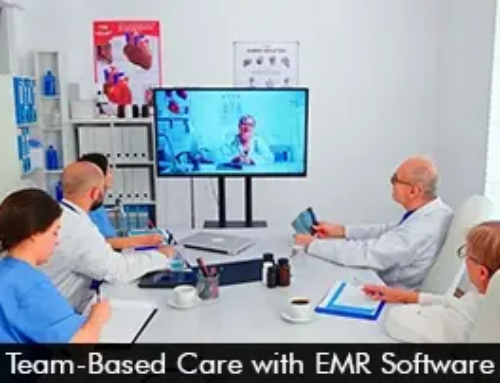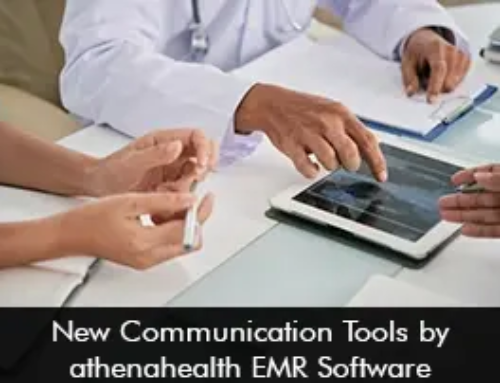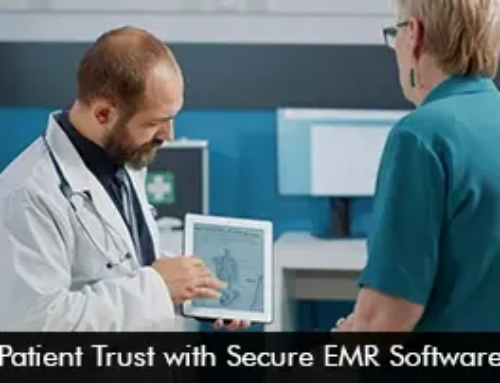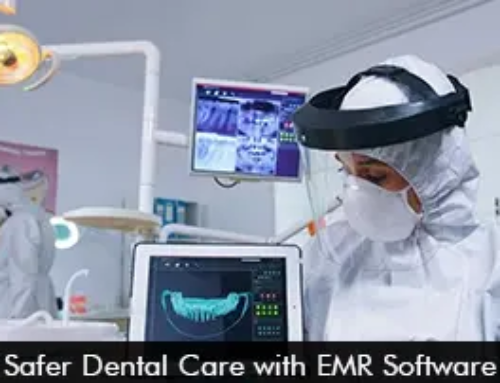Patient’s health records stored in the Electronic Medical Records (EMR) software system allow for greater accessibility to clinicians to enhance patient care however there’s always a threat from cyber and phishing attacks. The threats continue as healthcare systems have responded to the COVID-19 pandemic by digitizing and using digital tools to communicate with patients. Relying more on technology and cloud-based EMR software solutions mean the risk of cyber-attacks is always present.
What are the potential cybersecurity threats practices can face in 2020?
- Targeted ransomware – Ransoms are scaled up by attackers to disrupt the victim perfectly. It is seen that the attacks have been extremely damaging and even the FBI has relaxed its view on paying ransoms. Businesses and practices need to evaluate options to protect all the members in the healthcare ecosystem including; staff members, patients, insurers, and other stakeholders.
- Variety of phishing attacks – Cybercriminals and attackers use a variety of methods to attack victims so they can get hold of their personal information such as login credentials. Email and SMS remain the first choice for phishing attacks.
- Mobile malware attacks – In the year 2019 there was seen an increase in mobile banking malware as compared to the previous year. The trend reflects that mobile malware attacks will continue in 2020 and can steal payment data and credentials from the victim’s accounts.
- The increase of cyber insurance – Underwriters will sell more cyber insurance policies for hospital agencies and businesses. Insurance companies will monitor and guide their policyholders to pay the ransom, this is cheaper than recovering from a ransom attack. This will as a result lead to more cyber-attacks and will trigger rapid growth in the cyber insurance industry.
- AI will speed up security responses – AI and machine learning accelerate the identification of new threats which helps to block cybercriminals before it’s too late. On the other hand, attackers are taking advantage of the same techniques to create even more evasive and dangerous malware.
How can you protect your medical practice in 2020?
Security concerns are rising and healthcare providers should make sure that the electronic health records (EHR) software vendor must be able to provide technology that detects breaches and prevents data breaches by blocking the use of portable data storage devices. Make sure that the software system is HIPAA Compliant and has features of data encryption, data decryption, automatic log-off, access control, and data backup to make sure that patient data is secured and protected.








